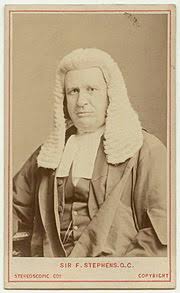
I had called around 200 persons yesterday to arrange #OxygenCylinders or cans in #Ghaziabad. Spent nearly the whole day in this exercise. Sharing a few numbers which responded, so that others don't have to go through this ordeal.
#Verified 26th April
#Verified 26th April
8527282484
9810307986
9717894233
8882036300 (this was given by #ICLUVerifies in Delhi)
9479645168
7094055415
7289839016/9540964000
9479645168
The above numbers are for #Ghaziabad
#NCR #Noida - either #OxygenCylinders/cans or refills. They had answered calls as on 26th April.
9810307986
9717894233
8882036300 (this was given by #ICLUVerifies in Delhi)
9479645168
7094055415
7289839016/9540964000
9479645168
The above numbers are for #Ghaziabad
#NCR #Noida - either #OxygenCylinders/cans or refills. They had answered calls as on 26th April.
This SOS group was also very helpful. They forward a sheet which has recent status according to the requirement.
https://twitter.com/AshritaPrasad/status/1386618331726233600?s=19
#Ghaziabad #OxygenCylinders
Unlike other government departments, the Ghaziabad authorities actually picked the phone & patiently guided me, even if they weren't able to supply. Helpful people.
Unlike other government departments, the Ghaziabad authorities actually picked the phone & patiently guided me, even if they weren't able to supply. Helpful people.
https://twitter.com/112UttarPradesh/status/1386597560081469442?s=19
They were providing refills but had honestly told that too much crowd and probably not enough oxygen. Don't know today's status. #Verified as on 26th April
https://twitter.com/TheOutspokenBoy/status/1386603220718395392?s=19
Update - as per information received from @anujsuri23 , no oxygen available at 9810307986. Please don't dial this number.
• • •
Missing some Tweet in this thread? You can try to
force a refresh





